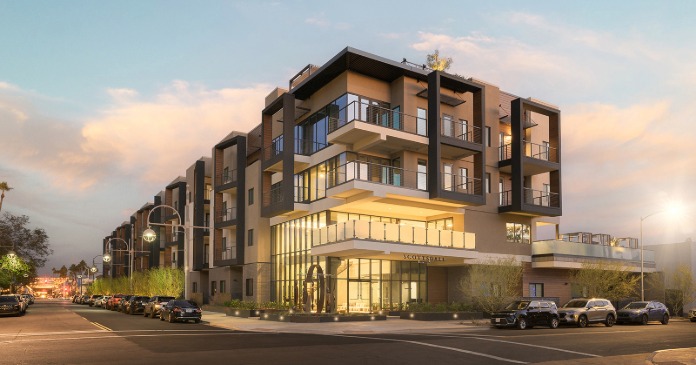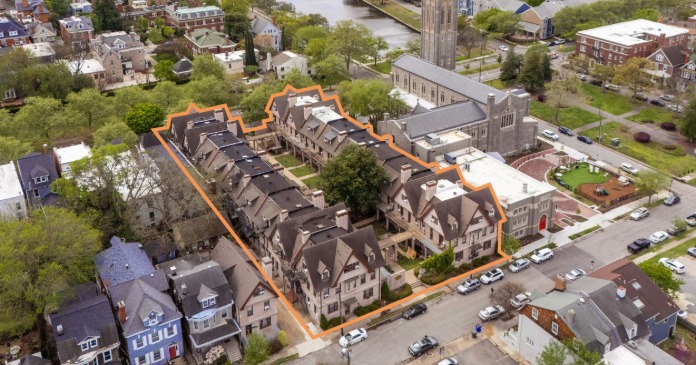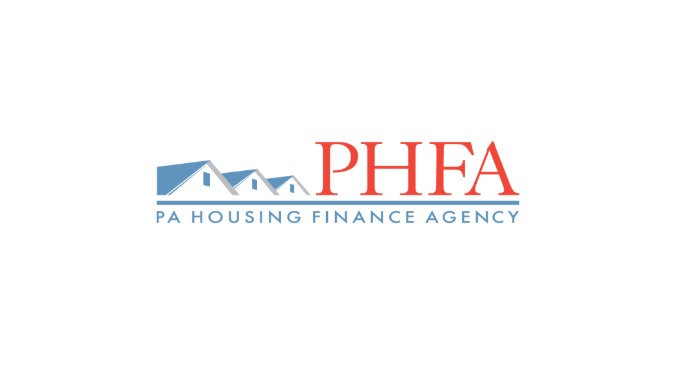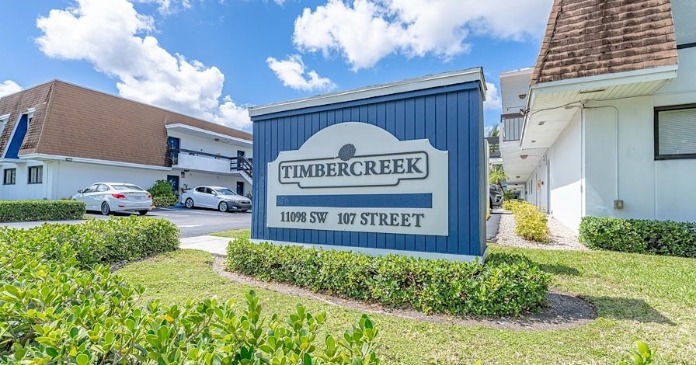The Bureau of Labor Statistics (BLS) released its producer price index (PPI) report for July 2022. It stated that construction materials prices were up 0.3 percent in the month, seasonally adjusted. The index was 14.8 percent higher than its year-earlier level.
Overall prices for processed goods for intermediate demand fell by 2.3 percent in the month driven by a 9 percent drop in the price for energy products. This index was 17.4 percent higher than its year-ago level.
For reference, the changes in these indexes compare with an 8.5 percent rise in the all-items consumer price index (CPI-U) for the 12 months ending in July. The July CPI-U was unchanged from June’s level. The shelter portion of the CPI was up 5.7 percent from its year-ago level.
Yield Pro compiled the BLS reported changes for our standard list of construction materials prices. These are prices of materials which directly impact the cost of constructing an apartment building. The two right hand columns of the table provide the percent change in the price of the commodity from a year earlier (12 Mo PC Change) and the percent change in price from June 2022 (1 Mo PC Change). If no price data is available for a given commodity, the change is listed as N/A.
The pre-COVID column lists the change in the current construction materials prices relative to the average of prices from December 2019 through February 2020, before the pandemic impacted the economy. This may give a truer idea of the magnitude of the recent price increases for materials, such as lumber, whose prices were already rising sharply last year, than does the 12 Mo PC Change column.
| Commodity | 12 Mo PC Change | 1 Mo PC Change | Pre-covid Change |
| Softwood lumber | -12.5 | 0.8 | 54.1 |
| Hardwood lumber | 4.6 | -1.4 | 53.0 |
| General millworks | 14.5 | 0.4 | 27.1 |
| Soft plywood products | -34.5 | -4.2 | 116.4 |
| Hot rolled steel bars, plates and structural shapes | 28.6 | 0.6 | 83.5 |
| Copper wire and cable | -6.1 | -5.6 | 28.8 |
| Power wire and cable | 26.2 | 1.3 | 74.0 |
| Builder’s hardware | 12.9 | 3.4 | 24.2 |
| Plumbing fixtures and fittings | 10.5 | 0.7 | 15.2 |
| Enameled iron and metal sanitary ware | 17.6 | 0.2 | 21.4 |
| Furnaces and heaters | 16.1 | -0.4 | 25.6 |
| Sheet metal products | 20.4 | 0.6 | 47.4 |
| Electrical Lighting fixtures | 13.3 | 0.3 | 18.8 |
| Nails | 31.6 | 0.3 | 54.9 |
| Major appliances | 13.4 | -0.4 | 20.4 |
| Flat glass | 8.9 | -0.4 | 19.8 |
| Ready mix concrete | 12.0 | 2.7 | 17.8 |
| Asphalt roofing and siding | 18.8 | -0.4 | 34.1 |
| Gypsum products | 15.8 | 0.2 | 39.0 |
| Mineral wool insulation | 21.6 | 3.3 | 39.2 |
The first chart, below, shows the price index history for wood products over the past 37 months. Note that the prices used by the BLS in compiling the indexes are collected on the Tuesday of the week containing the 13th day of the month. In July 2022 that would have been July 12.
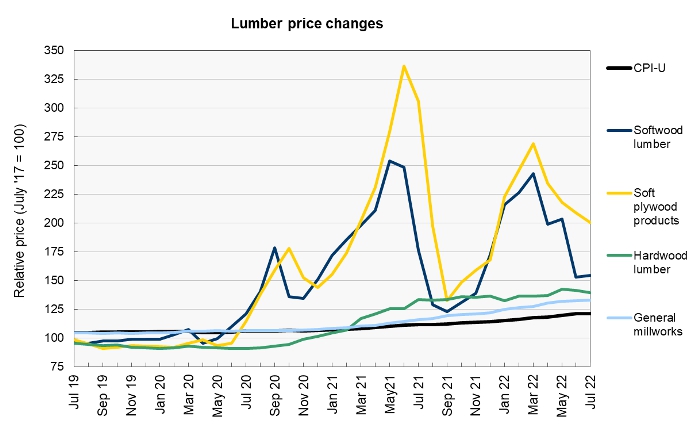
The prices of wood products were mixed this month, with prices of softwood lumber and general millworks edging higher while prices of plywood products and hardwood lumber fell. The most-watched prices, those of softwood lumber and of plywood products, were reported to decline significantly over the past year, but this is largely due to their prices being very high in July 2021. These construction materials prices declined significantly between July and August last year, which will make next month’s year-over-year comparison look less positive. The prices of wood products have still seen some of the largest increases when compared to pre-pandemic price levels.
Markets Insider reported that the market price of lumber reached a recent low of $479 on August 5. Since then, the price has trended higher. It jumped $50 on August 10 to close at $602. This price is still lower than the $645 close on July 12, so the price of lumber may fall in next month’s PPI report. Lumber prices in the futures markets have fallen since last month, despite moving higher in recent days. The November 2022 futures contract closed at $603 on August 10, down $69 since our last report. The January 2023 contract closed at $636.
The next chart, below, shows the recent history of several other construction materials prices. These are relatively simple commodities whose prices are strongly driven by those of the materials of which they are comprised. The prices for hot rolled steel, power wire and nails now trail only soft plywood products for the largest percentage price increases over their pre-pandemic levels.
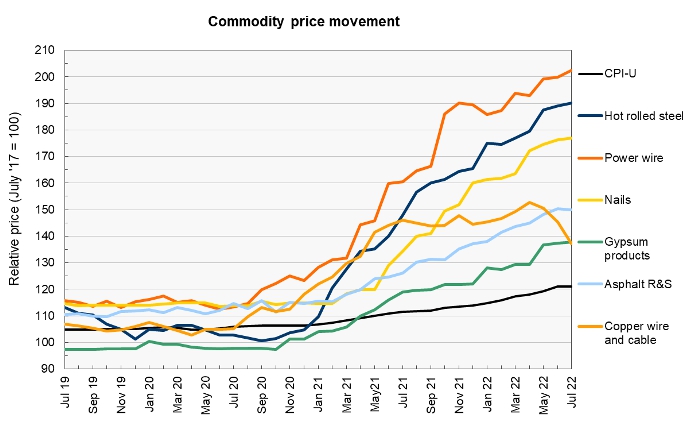
The price of copper wire took a fall this month. Along with the headline 5.6 percent drop in the price index reported this month, the price indexes for the previous two months were revised lower. On net, the preliminary price level for copper wire reported this month is 10.3 percent below the preliminary price level for June in last month’s PPI report.
Last month’s report had the price of asphalt roofing and siding showing the largest month-over-month percentage increase of any of the construction materials prices we track. However, not only did the price for this commodity fall in the current PPI report, but last month’s price index was revised downward by 1.6 percent.
MarketWatch reports that, since our last report, the NYSE American steel index has been trending higher again. It closed on August 10 at $1,631, up $233 from its level of a month ago. Steel futures have also moved higher over the last month. The November 2022 contract closed on August 9 up 9 percent since July 12. The January 2023 contract is also up 9 percent over the past month and is trading 13 percent above the level of the August contract.
The price of copper has rebounded since we last reported on it. It had closed at $3.29 per pound on July 12, but it closed at $3.65 per pound on August 10.
The price of aluminum is off of the highs it reached shortly after Russia invaded Ukraine, but is up from the low it reached in mid-July. It closed on August 10 at $2,490, up $130 since our last report.
Price changes for several of the more finished goods from our sample are illustrated in the final chart, below. These construction materials prices have generally increased less than have those of the commodities tracked in the first two charts.
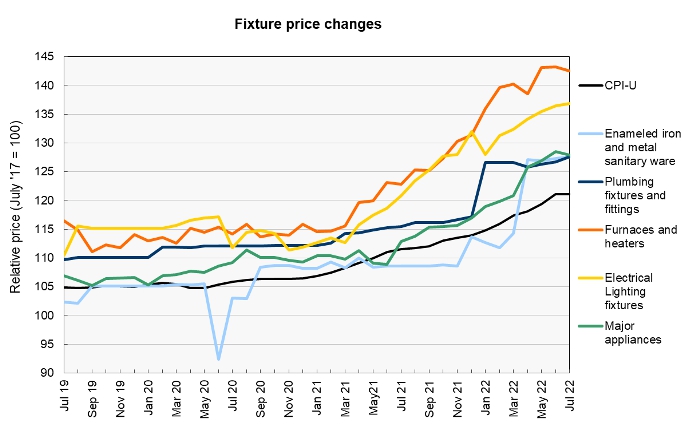
The three construction materials prices that took the biggest jumps this month were for materials whose prices do not appear in our charts. They are builder’s hardware, mineral wool insulation and ready-mix concrete. Despite this month’s price jump, these construction materials prices are not among the leaders for largest rise compared to their pre-pandemic levels.
The full BLS report can be found here.




